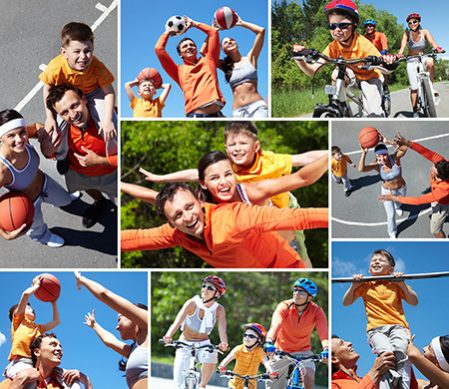Sport and recreation is as much a part of Australian culture as Vegemite and the koala. Participants are involved in sport and recreation from a very early age, playing backyard games, school sport and programs with local sporting/recreation clubs or organizations. The benefits of regular sport and recreation programs are essentially the same for people with a disability.
People who are physically active:
- Are healthier and fitter
- Are more co-ordinated and physically competent
- Often develop good social and people skills
- Develop leadership, teamwork and sound co-operative skills
- Work well and enjoy people’s company
- Learn better lifelong leisure skills
- Study and concentrate better
- Have increased confidence and self-esteem and
- Are more mobile and independent.
If people with a disability are denied these experiences, simply because of their physical and/or intellectual difference to some perceived norm, then they will miss out on an important part of life.
For the purpose of this website:
‘Sport’ is defined as:
A human activity involving physical exertion and skill as the primary focus of the activity, with elements of completion where rules and patterns of behaviour governing the activity exist formally through organizations and is generally recognized as a sport.
‘Active’ recreation is defined as:
Activities which are engaged for the purpose of relaxation, health and wellbeing or enjoyment with the primary activity requiring physical exertion, and the primary focus on human activity. (National Sport and Active Recreation Policy Framework, 2011)

